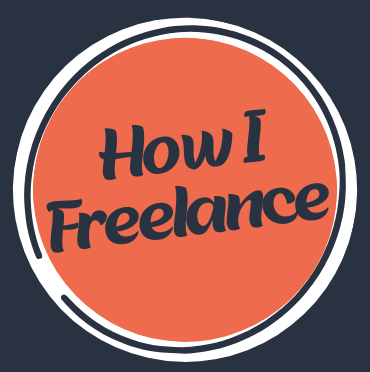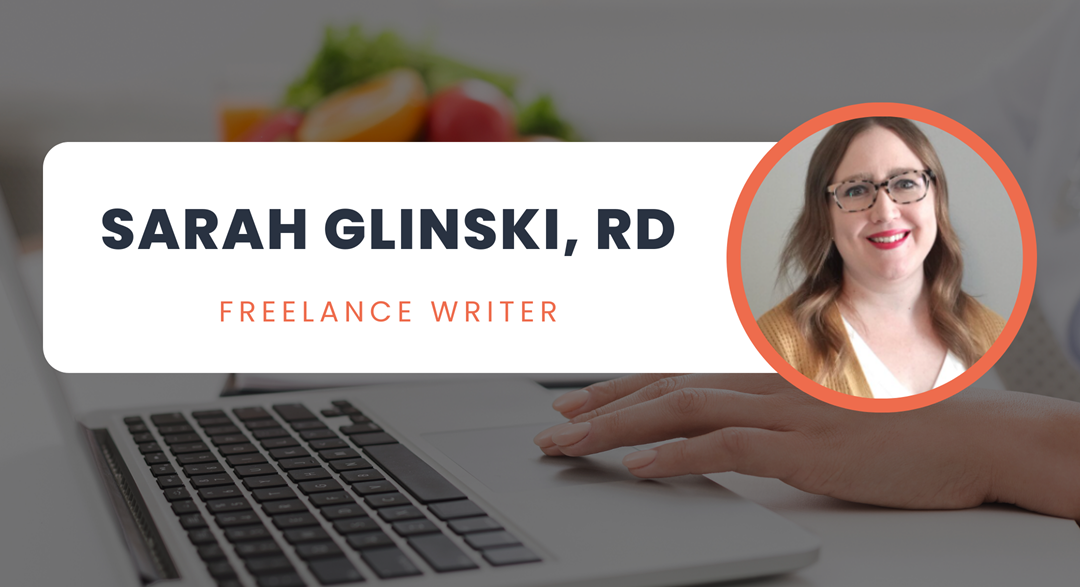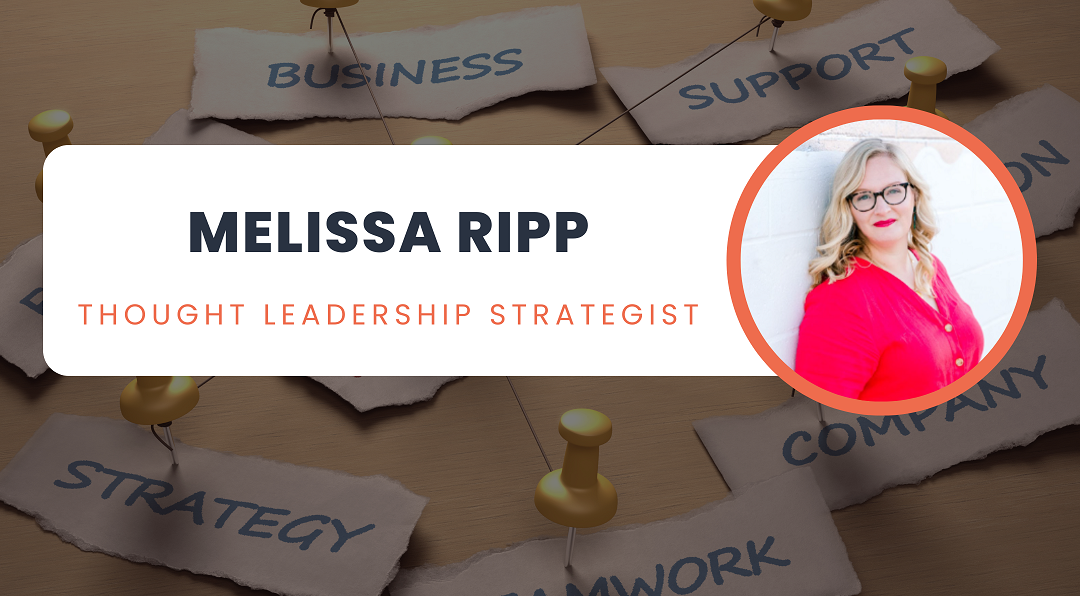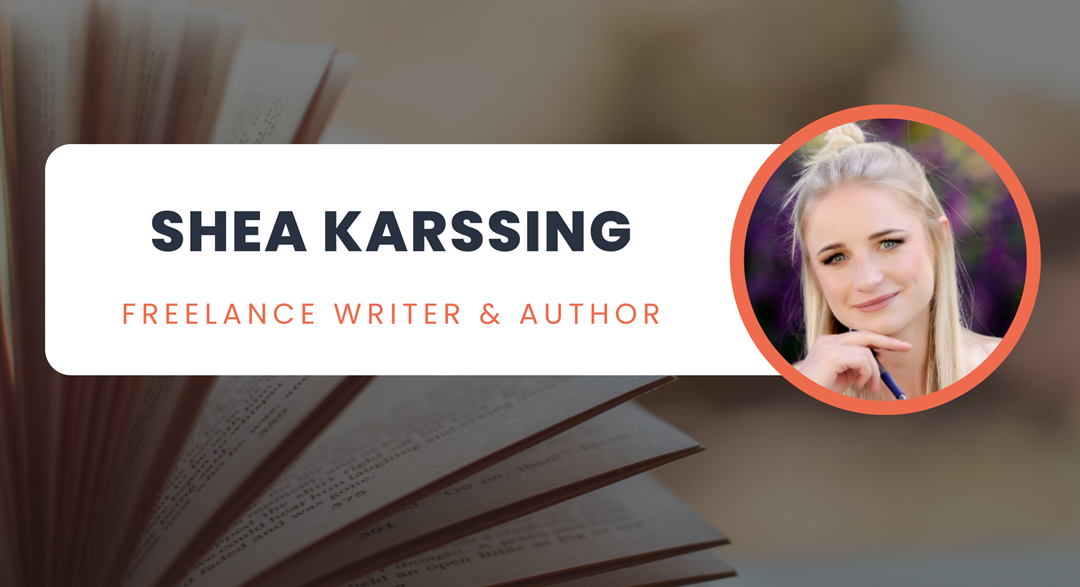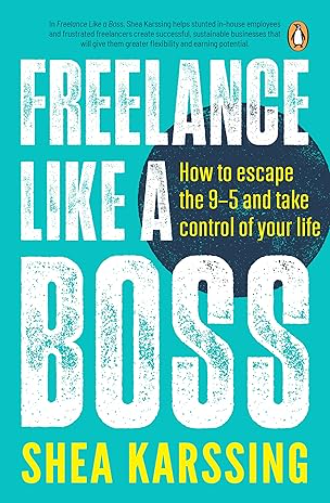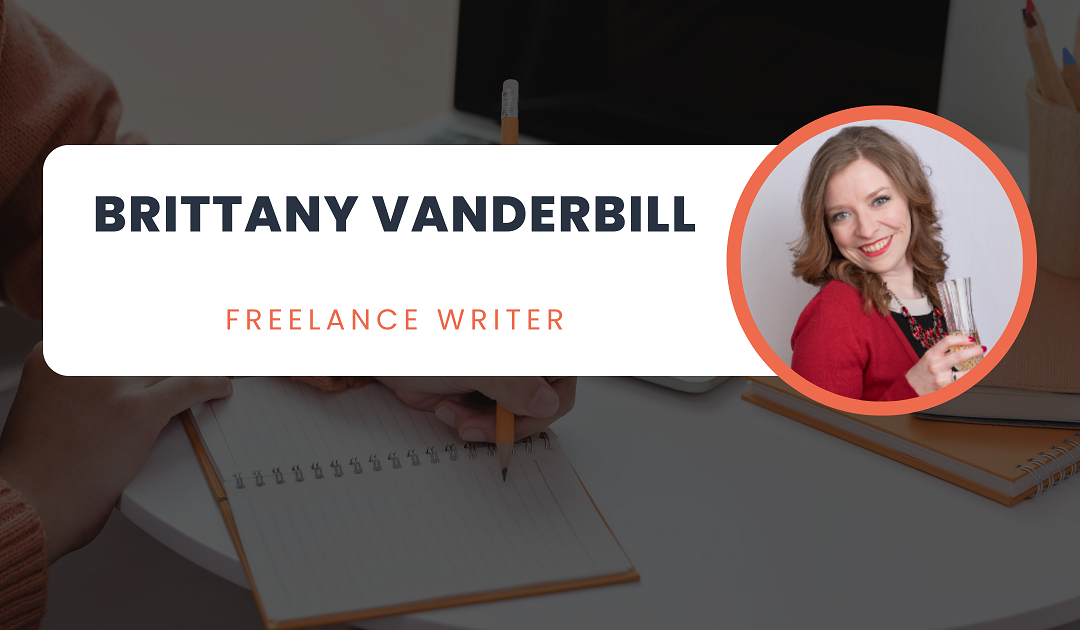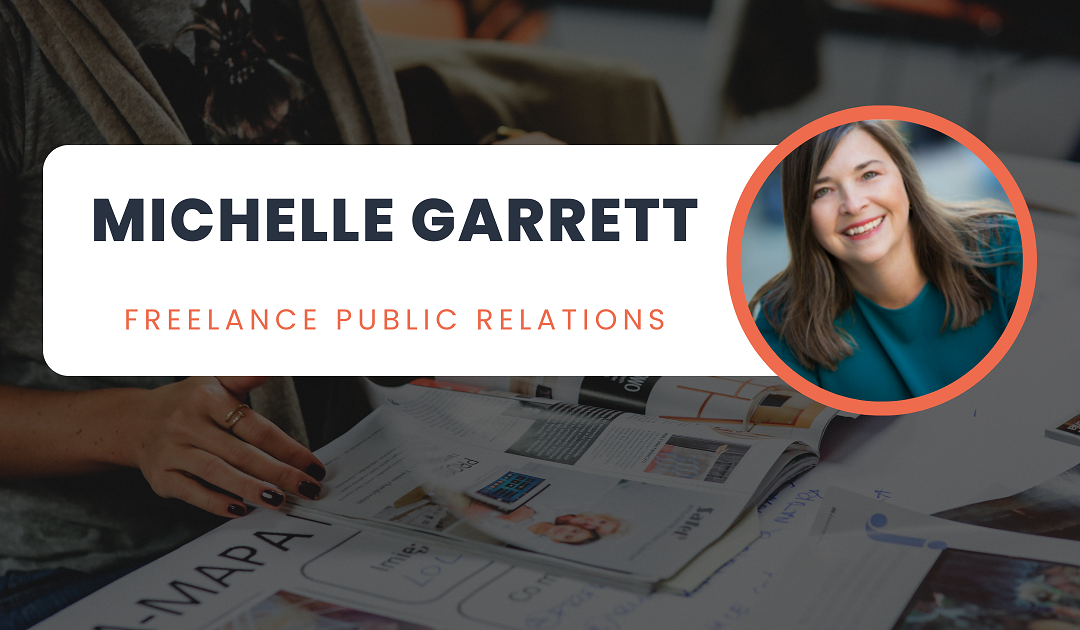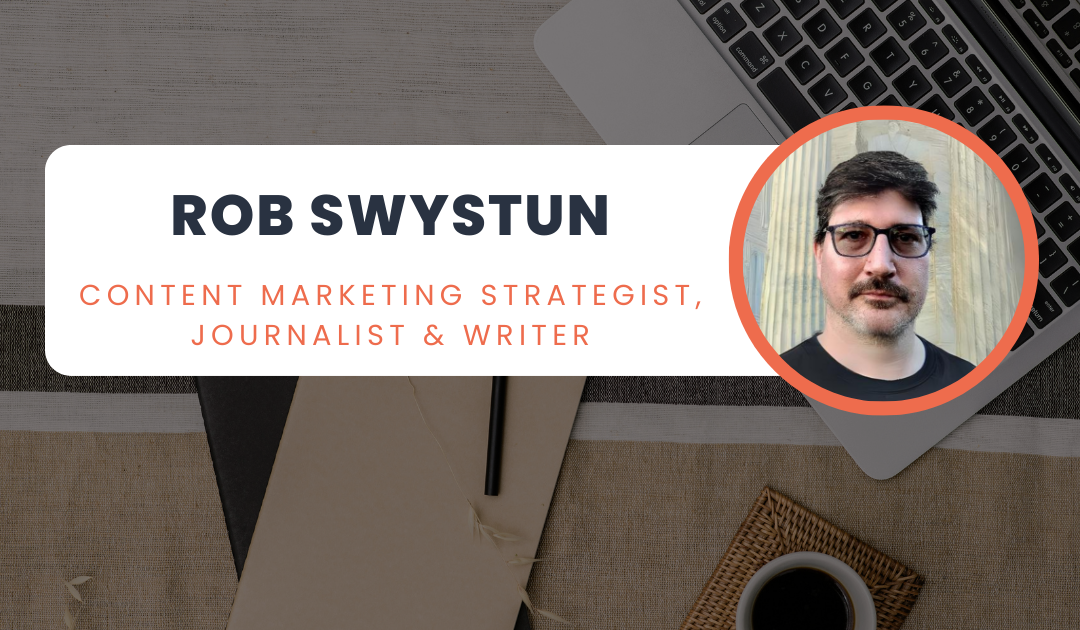
How I Freelance: Rob Swystun
For Rob Swystun, one of the upsides of freelancing is the opportunity to learn about new subjects. Since launching his freelance business in 2011, his curiosity has led him to write on evolving topics like electric vehicles, robotics and sustainability.
Despite his interest in technology, Rob still sees a need for a human touch in content. Read on to learn more about how he brings this mindset to his work as a content marketing strategist, journalist and writer.
When and why did you go freelance?
I started freelancing in 2011. It made the most sense at the time; I had just left my last newsroom position and started doing freelance writing gigs while I was looking for a job. I enjoyed the freedom of being my own boss and freelancing eventually became my full-time job.
What is your niche?
I have several: content marketing strategy, B2B, electric vehicle charging, space, robotics, fintech/finance, agtech and cleantech.
How did you choose your niches?
I basically learned content marketing strategy as I progressed as a freelancer. Content marketing was in its infancy when I started, so I was able to learn by trial and error, seeing what worked and what didn’t.
Space and robotics are things I’ve been interested in as far back as I can remember, so they were natural niches for me to get into. I kind of fell into the niche of electric vehicle charging, but since I’m interested in new technologies, I wanted to pursue it as a niche as I learned more about it.
I’ve always been around agtech growing up in an agricultural community, so that one was also natural for me. And I love learning about anything to do with finance and fintech. One of my main passions is sustainability, so anything that can help the Earth recover from the current climate catastrophe is of special interest to me.
Who are your clients?
I primarily work with B2B companies interested in content marketing but don’t know how to get started or where to put their budget.
What types of projects do you work on?
Content marketing strategies, website content, articles, blog posts, white papers, case studies, guides, brochures, brand journalism, press releases, video scripts and ghostwritten books.
Where do you freelance from?
I’m in Winnipeg, Canada.
Go forth, learn and write about anything you find even remotely interesting. Just do your research first.
Tell us about two tools you rely on to run your business.
LinkedIn for cold outreach. And Google Docs for writing and sharing work.
Name one thing that’s surprised you about freelancing.
Although I’ve gotten used to it now, I was surprised at just how bad a lot of businesspeople are at communicating. People whose job it is to form relationships with customers will ghost a freelancer for no reason. It’s really quite disappointing. A lot of businesspeople are clueless when it comes to dealing with freelancers.
Made any big mistakes during your freelance journey?
Giving away my expertise when I should have been charging for it. I’m naturally a giving person, so when people ask my advice, I’m inclined just to start talking to help forge that relationship. I’ve probably given away tens of thousands of dollars’ worth of consulting when I should have been getting compensated for it.
What are you proudest of with your business?
That I’ve been able to thrive as a freelancer even though I had no idea what I was doing when I began my journey. Starting in content marketing when content marketing was just getting started has really helped me grow as a marketer alongside the entire content marketing industry.
There’s lots of advice out there for freelancers. What advice do you agree with?
Never stop learning. Whether it’s a new skill, learning how to run your business or just a subject you’re interested in, always be learning. This isn’t exclusive to freelancing; it’s also for life in general. You should always be curious and be willing to learn and grow as a person.
What common advice do you disagree with?
While I don’t disagree with the advice of “write what you know,” I don’t think it should be exclusive. Write what you know, but also write what you’re interested in. Write about stuff you have no idea about, as long as you do your research first. Write about topics you never even knew existed before (again, after doing your research).
As a human who is capable of learning, there is no reason to limit yourself to only writing about what you currently know. Go forth, learn and write about anything you find even remotely interesting. Just do your research first.
What areas of opportunities do you see for current or future freelancers?
As companies continue to get less and less human, I see the opportunities for freelancers being mostly in building those all-important human-to-human relationships with customers who are already growing weary of automation. The value we create for businesses is in building trust with customers. The businesses that understand this are going to be the ones that survive.
Leave us with some words of wisdom.
I’ve had training from some excellent tutors throughout my career, including Mandy Ellis and Adrienne Smith. One of the best things a new freelancer can do is see out help when they need it. It’s worth it to spend a little bit of money to get training from people who have been there and done what you are trying to do.
Want to connect with Rob? Find him on LinkedIn or visit his website at www.robswystun.com.
